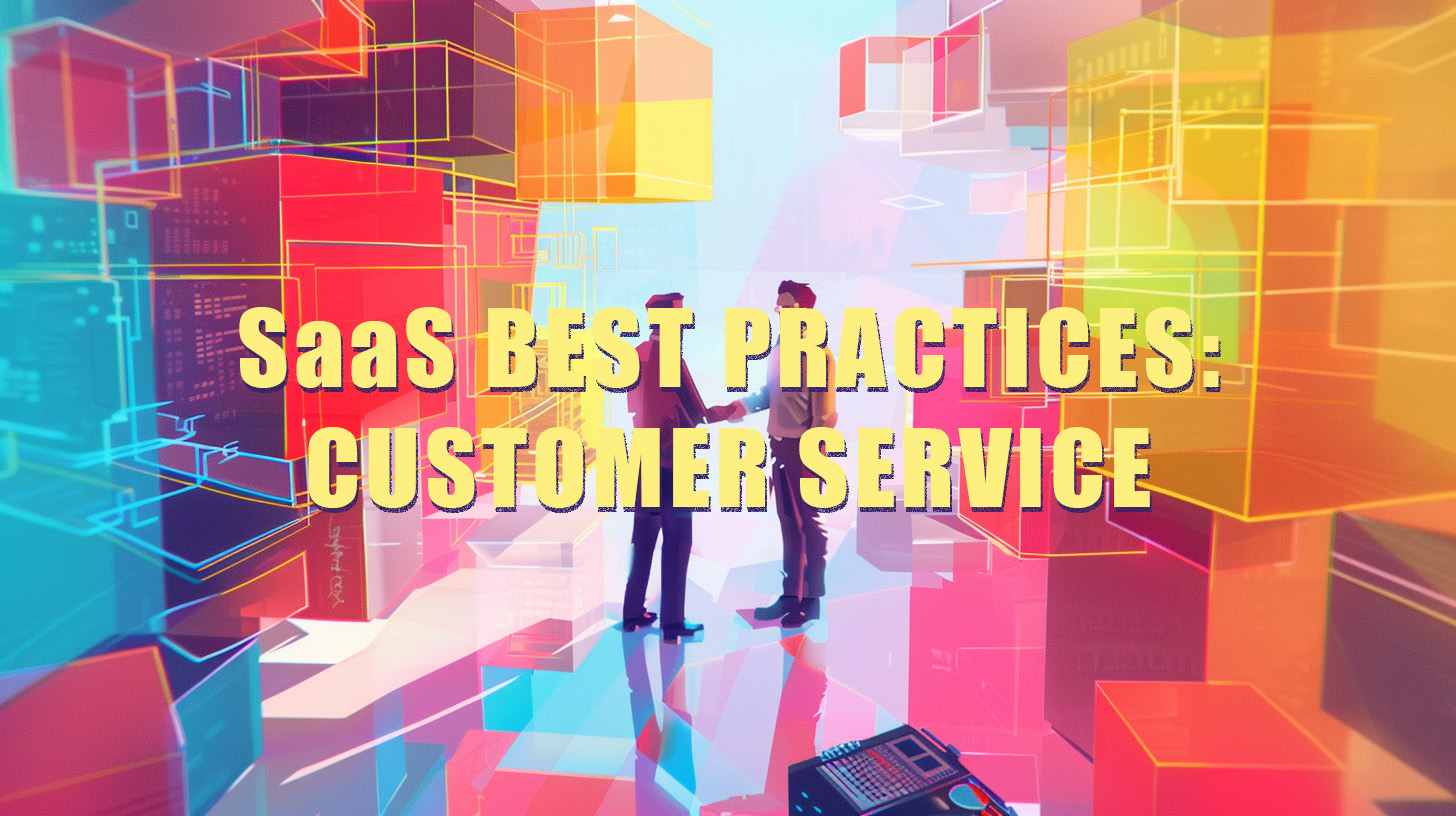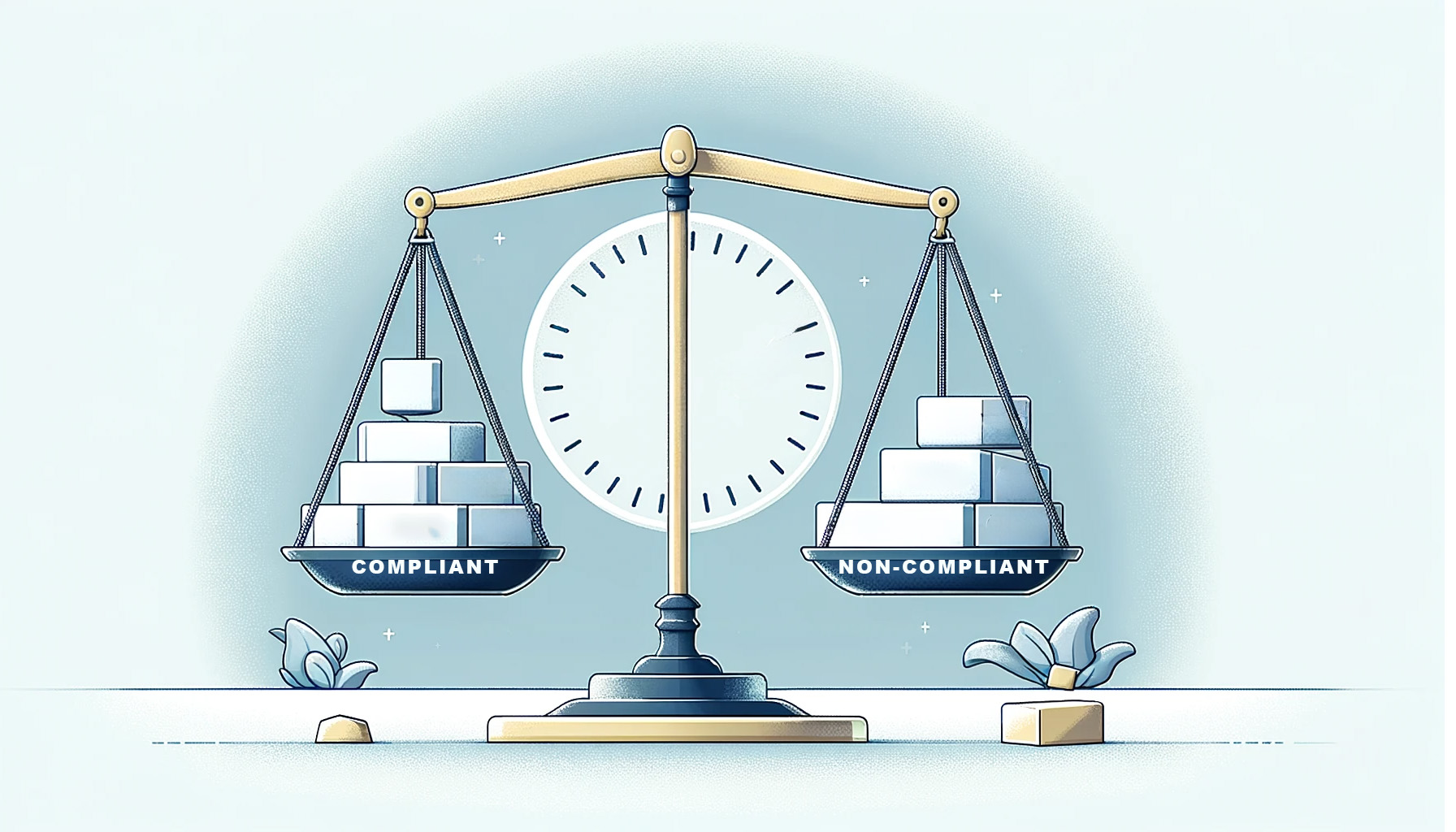
High-Ticket Merchant Accounts: What They Are and Who They’re For
Dec 24, 2021 3 minute Read
All businesses need a merchant account to facilitate accepting, processing, and transferring payments from customers. The same is true when selling high-ticket items: you need a merchant account to sell these products.
Maybe now you’re wondering what exactly a high-ticket product is and in what industries you see them. We’ll break this down for you below.
What Is a High-Ticket Product?
High-ticket products can, in general, be defined as products with a price tag over $1000. That isn’t the official number because there isn’t one. It’s more label for signifying expensive items in terms of merchant/processor/bank as opposed to business/customer. But any single product that costs over $1000 is definitely high-ticket, expensive, and risky.
It also depends on the processor. Some credit card processing companies have much lower thresholds, like $500 per item. Others have slightly higher thresholds. This is why it’s important for you to shop around for your payment processor. Don’t just accept the first one that agrees to do business with you if you’re selling high-ticket products because you’ll want one that comfortably accepts your pricing model.
High-ticket pricing also depends on the industry in which you sell. Some industries are meant to handle low-ticket items, so selling products at a much higher price is even riskier in those industries.
Industries That Use High-Ticket Merchant Accounts (with Examples)
In short, every industry can use high-ticket merchant accounts because it’s based more on the product sold rather than the industry that sells it. But industry does factor into your terms and conditions when applying for a merchant account due to the risk factor involved.
SaaS
The Software as a Service (SaaS) industry is mixed. These products are more than likely offered as under a subscription model. But many SaaS businesses offer expensive one-time purchase options for the few customers that prefer it.
As you might imagine, converting the value of a subscription (i.e., recurring revenue stream) into a single purchase is tough. It can’t be so overtly expensive that customers will never buy, but it also can’t be so cheap that they prefer to make a single transaction rather than subscribe. This is why the industry is mixed when it comes to high-ticket pricing. Some products can be relatively low on the spectrum and others can be incredibly high. It really depends on the product.
For example, Salesforce is one of the biggest SaaS products available to date. Shopify is considered a SaaS product, too, as well as Zoom. If you’re familiar with these companies and what they offer, you can paint yourself a pretty clear picture of how these can quickly convert from subscription to high-ticket.
Dropshipping
High-ticket pricing for dropshippers usually sits low on the spectrum. Dropshipping, by nature, is low cost and high volume. So dropping high-ticket items reverses that business model. Now the goal is low volume but high cost.
This industry is particularly risky when it comes to getting a high-ticket merchant account because credit card payment processors will expect an even bigger increase in the risk of chargebacks. However, with the right strategy and super targeted audience, all of that can be mitigated.
A good example of a high-ticket dropshipping product is high-end luxury goods. 24k diamond necklaces or handmade designer earrings are perfect examples of high-ticket sales items. It’s totally possible to sell products like these successfully with a dropshipping business model. Apply for the right high-ticket merchant account and you’ll be set.
Electronics like new computers and e-bikes are also great high-ticket dropshipping categories.
Healthcare
People are willing to spend when it comes to their health and wellness. The supplements industry is booming as well as telemedicine and healthcare, in general.
Typically for supplements and medicine, customers have more of a subscription to continue receiving the product every month or so. Another really popular method that customers prefer is to make payments monthly without subscribing. They’re willing to keep up with the service, but they don’t want it to be automatic.
What puts the healthcare industry in a high-ticket industry is the sale of medical devices as opposed to medicines. Medicine can be expensive, sure, but it’s rare to see pills reach in the $1000s. Medical devices, however, are incredibly expensive. These types of businesses need a high-ticket merchant account, whether they’re selling business-to-business or business-to-consumer, in order to handle the processing volume.
Why Is It Difficult to Get a High-Ticket Merchant Account?
Getting a merchant account is a time consuming process and being denied too many times can harm your approval rate with future applications. The fewer applications you submit, the better.
We’ve previously talked about technical ways you don’t have to obtain a high-risk merchant account to do business. But when it comes to high-ticket product sales, there really is a line drawn. Those alternatives simply will not work. They are too risky for those payment aggregators to handle comfortably. You’ll get your store shut down if you continue to use one—this is a warning.
High-Risk Industries
It doesn’t matter what business model you have or what industry your business resides in. Selling high-ticket items will also result in your business being labeled as high risk.
High-risk businesses are called so because of the risk that carries over to the credit card processor and acquiring bank. There’s a lot of fraud in these industries as well as high chargeback ratios. Banks and payment processors don’t like this type of risk. At the end of the day, they’re worried about who will be paying off those charges: you or them.
Reserves
One of the top ways high-ticket merchant service providers help to alleviate that risk when connecting you with processors and banks is by negotiating reserves.
A reserve is a pool of money that you deposit into each month (or transaction, or week) that secures funds in case you receive a chargeback and need to pay it. Processors will be relieved to know that there are real funds of yours to pull from and pay off that debt, so they’re more willing to work with you and approve your application.
Reserves may not be the most appealing to merchants, but if it gets you the merchant account you’re looking for then it’s well worth it. As you have stable, steady sales with a low refund and chargeback ratio, you can eventually negotiate out of using reserves or at least lowering the amount.
Fraud
When running an ecommerce store, all of your credit card and debit card transactions will be CNP (card not present). Automatically, that’s a risk for payment processing companies. When it comes to high-ticket items, though, there’s an even bigger risk of fraud. Processors don’t want to be frauded out of thousands of dollars—and neither do you. But it does happen, and that’s the unfortunate truth.
We don’t just mean cybercriminals, either. Friendly fraud is all too common for high-ticket purchases. Mitigation for any type of fraud, no matter the intent, is necessary when running high-ticket businesses. It’s also important to understand that credit cards are the leading payment type to be taken advantage of. For your store, it might be worthwhile to consider accepting echecks, ACH, and direct bank account transfer payment solutions.
Good news is you can mitigate that in a number of ways. First, if you work with a merchant services provider like DirectPayNet, you’ll get chargeback prevention and fraud protection. Second, you can adjust the checkout experience to enforce customer identity verification. Things like CVV, AVS, and 3DS can help you stop fraudsters from taking advantage of your store.
High-Risk Merchant Account Providers
Most business owners head over to their current bank or contact the processor they currently work with about opening up a new merchant account for their high-ticket item business only to get immediately rejected. Unfortunately, standard business bank are simply unwilling to open this account for you which often leaves entrepreneurs feeling stranded.
High-risk merchant account providers exist so you don’t have to go through that process of consistent denials. These companies, like DirectPayNet, work with banks and processors specifically for providing the ability to process credit card transactions to business that fall into that category.
You do have options. All you have to do is call.
Apply for High-Ticket Merchant Accounts and Get a Payment Gateway That Works
High-priced items mean high-risk business. Use a merchant account provider that specifically provides high-risk merchant accounts. With DirectPayNet, you get connected with processors and acquiring banks that serve your needs as well as fraud and chargeback protection. We’ll help you in the application process to raise your account approval odds as high as we can.




